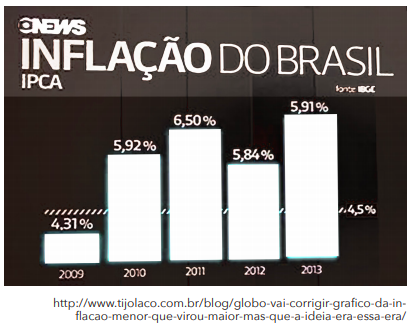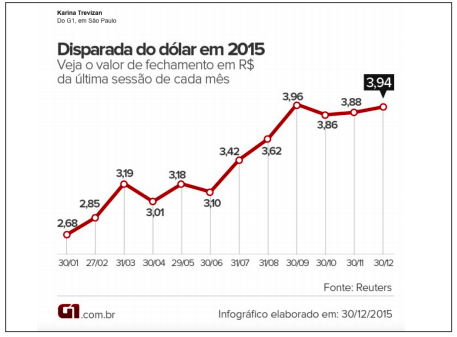First read the review below and then answer question.
REVIEW: ‘MULTITUDINOUS HEART,’ NEWLY TRANSLATED POETRY BY
CARLOS DRUMMOND DE ANDRADE
Books of The Times
By Dwight Garner JULY 2, 2015

Carlos Drummond de Andrade (1902-1987) is widely considered
the greatest poet in the history of Brazil, a country where poets are taken
seriously. One of his poems, “Canção Amiga” (“Friendly Song”), was once
printed on the 50 cruzados bill.
Mr. Drummond’s bald, equine, bespectacled visage appears on T-shirts
and book bags in Brazil. Since 2002 there has been a statue of him on the
Copacabana in Rio de Janeiro, his adopted hometown. This statue faces away
from, not toward, the ocean. This was a witty decision (he was an inward
poet) that annoys the unintelligentsia, who want him spun around.
Now we have “Multitudinous Heart,” an expanded, reshuffled and welcome selection of Mr.
Drummond’s verse. In new translations by Richard Zenith, we meet a sophisticated and cerebral
poet who, true to this book’s title, speaks in many registers. He is by turns melancholy and ironic,
sentimental and self-deprecating, remote and boyish.
His wealthy father owned ranches in the mountainous state of Minas Gerais, and the poet was
the fifth of six children to reach adulthood. He was used to hubbub. Large family meals are recalled,
and there is a constant sense of a raucous daily grind: “Weddings, mortgages,/the cousins with TB,/
the crazy aunt.”
Yet the poems more often contain a measured sense of solitude. Mr. Drummond studied to
become a pharmacist but worked most of his life as a civil servant in the Ministry of Education.
He
was said to be anything but gregarious; he was never a “smiling public man,” in Yeats’s locution.
He was animated on the inside. One of his favorite words was “twisted.” He thought we
humans were mostly impertinent and odd.
He felt wizened before his time. In a 1945 poem, he speaks of “the old man in me./He began
to harass me in childhood.” In a 1951 poem, “The Table,” he writes:
A bunch of louts in our fifties,
balding, used up, burned out,
yet in our chests we preserve
intact that boyish candor,
that scampering into the woods,
that craving for things forbidden.
Mr. Drummond is worth encountering on the page. You probably need this volume and the
earlier one, alas, to glimpse him in full. In a satirical 1945 poem titled “In Search of Poetry,” he
offered this advice for the apprentice poet:
Don’t dramatize, don’t invoke,
don’t inquire. Don’t waste time lying.
Don’t get cross.
Your ivory yacht, your diamond shoe,
your mazurkas and superstitions, your family skeletons
all vanish in the curve of time, they’re worthless.
Ha. The good news about “Multitudinous Heart” is that it proves Mr. Drummond didn’t
believe a word of that hooey.
Source: http://www.nytimes.com/2015/07/03/books/review-multitudinous-heart-newly-translated-
-poetry-by-carlos-drummond-de-andrade.html Access October 15, 2016. Adapted.





